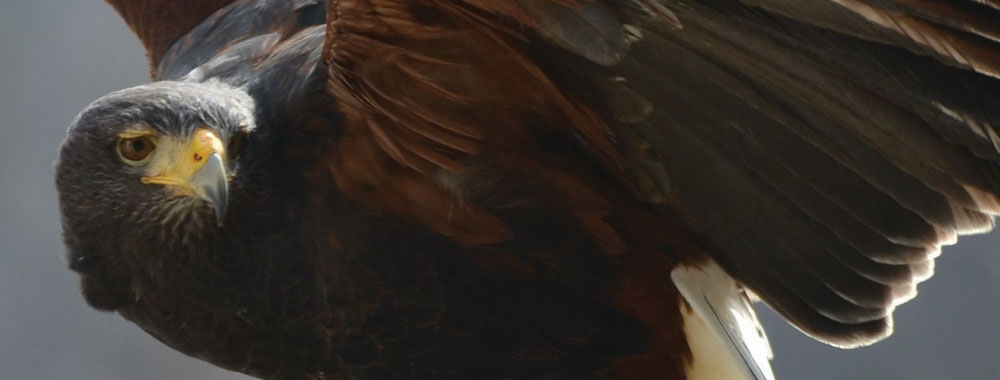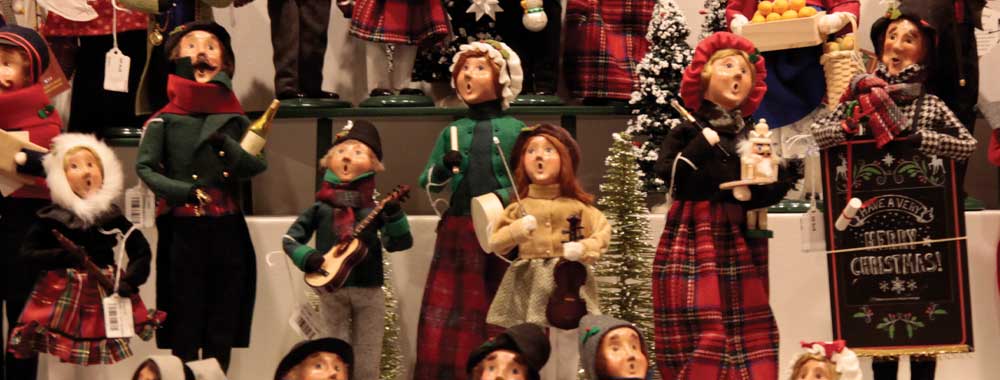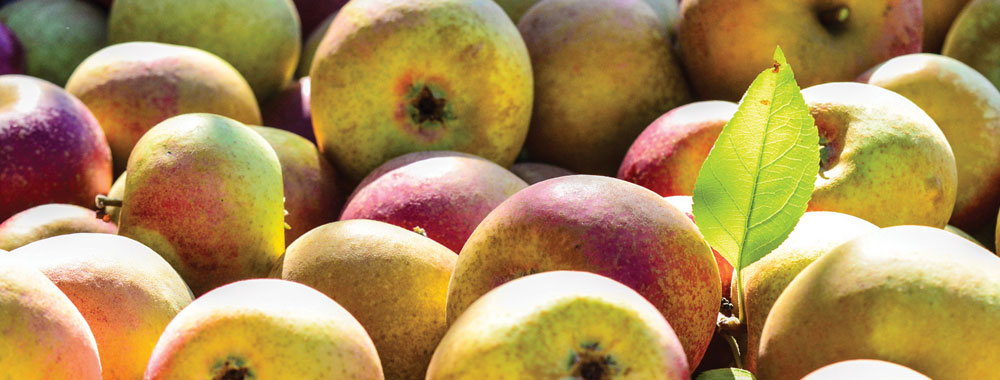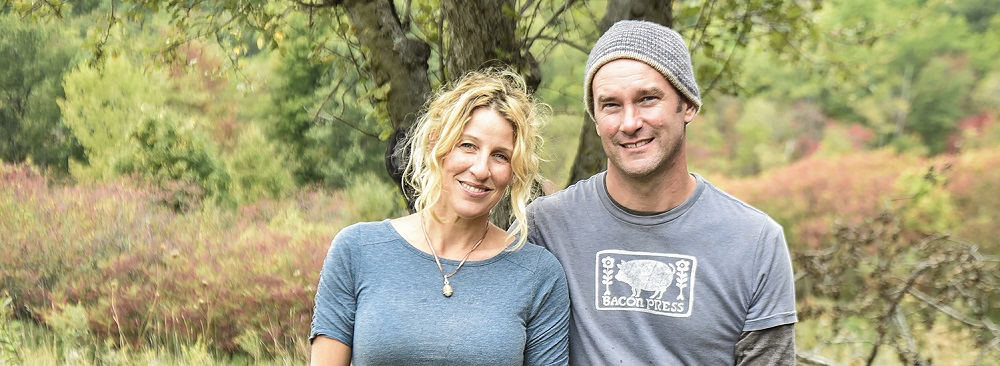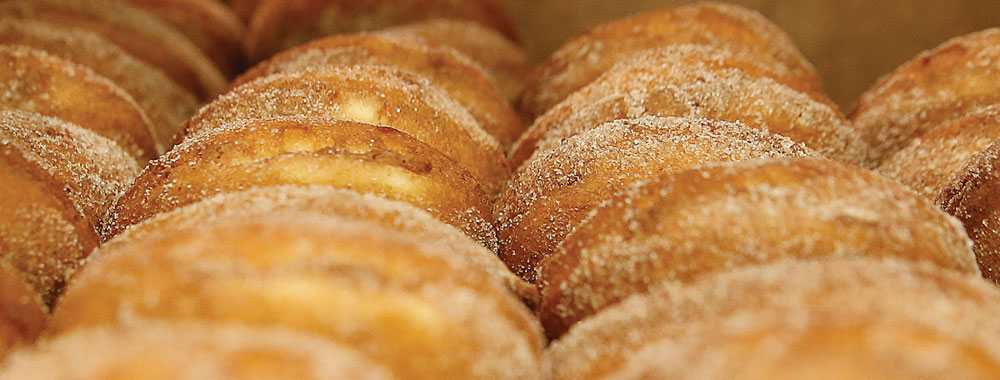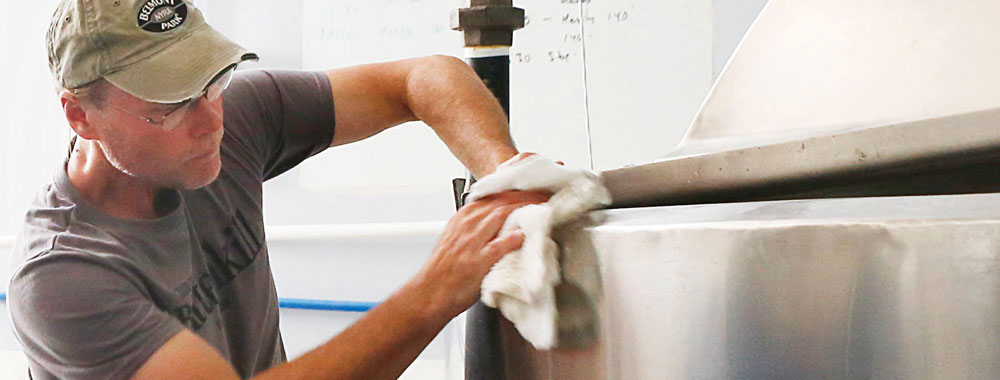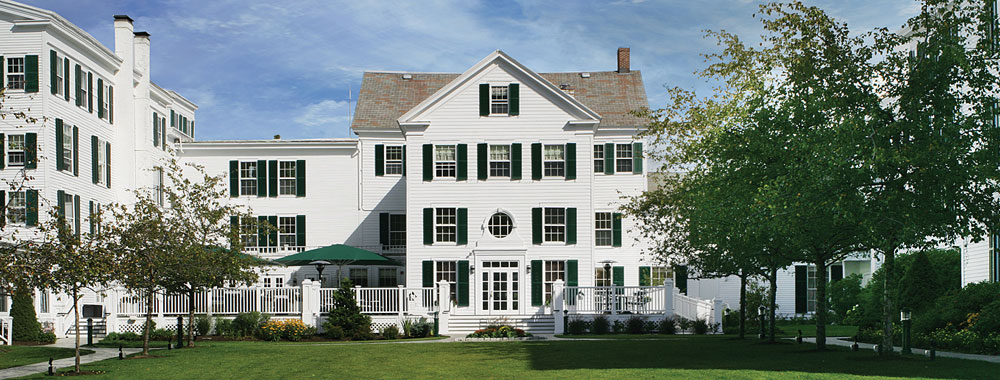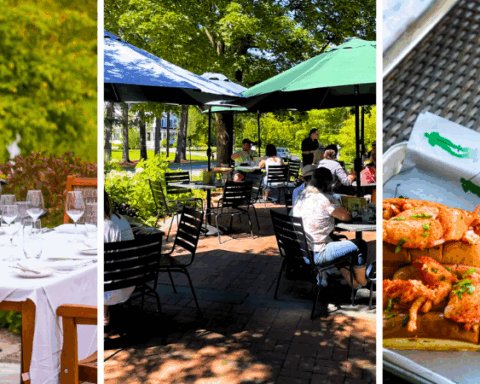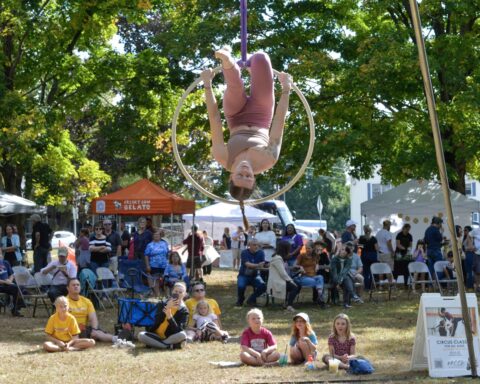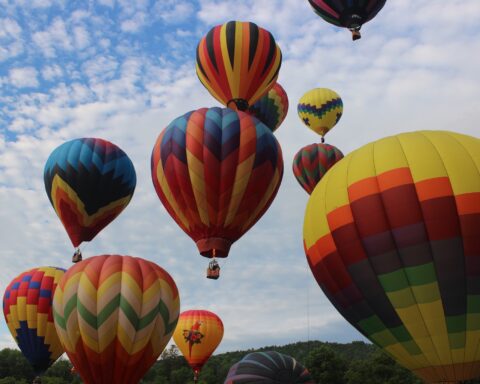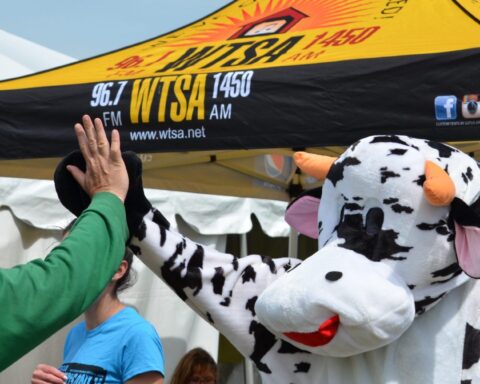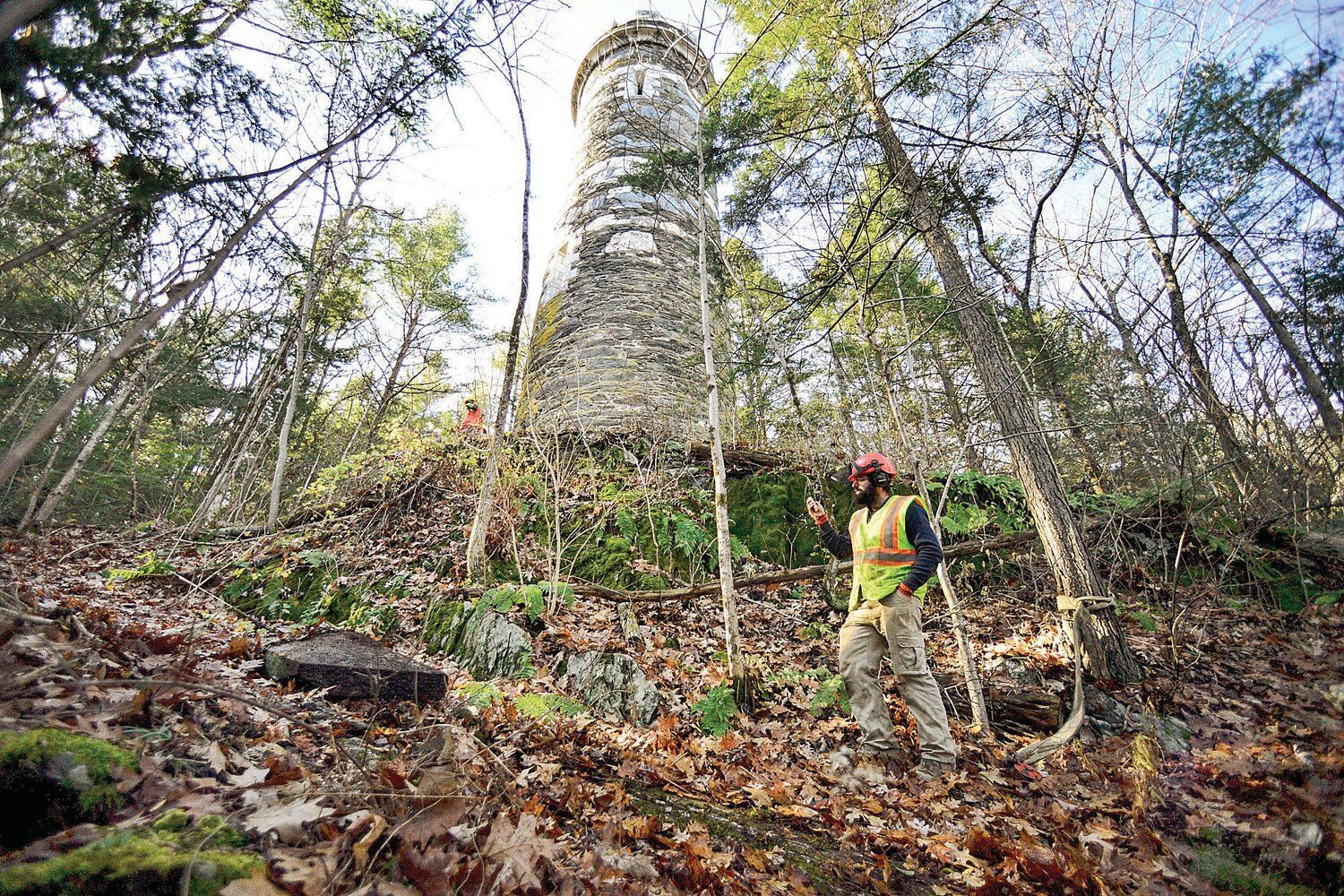
By Anne Archer
Adler is vocal. Bailey is laid back. Monty is high energy. Mycroft is extremely intelligent.
These charismatic Harris’s hawks each have their own unique personality and Rob Waite, master falconer at Green Mountain Falconry School in Manchester, Vt., knows exactly how to use their traits to build a working relationship between him and his trained birds.
The ancient field sport of falconry, which dates back to first century B.C., is defined as hunting by means of a trained bird of prey. However, for some of Waite’s guests, the experience of a beautiful bird resting comfortably on their brown leather clad forearm evokes an emotional connection that words cannot always describe.
During his many years as a master falconer, Waite has had guests come to his falconry class to witness more than the agility and speed of these majestic birds of prey. Some are in search of an inner peace that will help them deal with the loss of a loved one while others seek the ability to come to terms with an illness.
“I am still amazed almost every day how much it means to people. Seeing guests respond so positively to the experience and leaving with a greater understanding and appreciation for raptors is a great reminder of why I started nearly 40 years ago,” Waite said.
The serenity found during a Green Mountain Falconry class fosters contemplation. While guests stand with Monty, Bailey or Adler perched calmly upon their forearm, they are surrounded by the tranquility of Boorn Brook Farm with its roughly three miles of wooded trails, a rambling brook and a lush pasture. In this environment, the birds are ready to fly — with some coaxing from Waite — and guests are ready to learn.
As Mycroft waits patiently — his attentive eyes taking in activity deep in the tall grass 50 yards away — guests are given a rare opportunity to closely observe the beauty of a Harris’s hawk that is little more than a foot away. Casually shifting his warm talons onto bare skin, Mycroft’s apparent comfort with someone he just met creates a palpable feeling of acceptance.
According to Waite, “Guests can be incredibly emotional when they first call a hawk to their gloved fist and some become regular visitors in order to get their hawk fix.”

The highly sociable Harris’s hawks, coupled with their easy temperament, make it is possible for Waite to take out two birds during his Hawk Walk class. It is in this class guests have an opportunity to watch the birds fly from tree limb to tree limb all while avoiding clusters of foliage and bare, scraggly branches.
As if their grace isn’t impressive enough, Monty and Bailey demonstrate their capacity to absorb the action occurring on the wooded trail, monitor the happenings in the distance and follow the movements of the people below.
When Waite instructs his guest to raise a forearm and make a fist, Monty and Bailey quickly focus in on their intended target.
Waite places a half-dollar sized piece of London broil in the middle of the fist and within a millisecond a bird is cleanly soaring through the forest toward the meal.
Then, there is a smooth glide with outstretched wings followed by a gentle landing.
Although the return to a human for a piece of meat may seem like second nature to Monty and Bailey, the truth is that Waite has spent numerous hours working with each of his Harris’s hawks. During his work he attempts to “see things through their eyes,” as a way to gain insight and to improve his training with his birds.
In addition, Waite notes that weight control is vital to training raptors.
“They only come back for food,” Waite said. “They are not motivated if they’re not hungry. If they are too hungry, they don’t have enough energy.”
For this reason, the birds are weighed every day — at first to learn their optimal weight, and then in order to maintain that optimal weight.
Waite’s years of experience in falconry, coupled with his innate understanding of raptors have given him an abundance of knowledge that he likes to share. Added with his passion for the sport and his natural ability to communicate information through story, fact and demonstration, Waite has created an experience that people do not forget.
While some guests come to feel a special connection with the Harris’s hawk resting on their forearm, others prefer listening to Waite share his knowledge of falconry and raptors.
Regardless of their reasons for participating in a Green Mountain Falconry class, all those who do leave knowing they have had the privilege to interact with a Harris’s hawk and the opportunity to learn more about the ancient field sport from a master falconer.
Green Mountain Falconry School
Boorn Brook Farm
Manchester Center, Vt.
greenmountainfalconryschool.com
Open from May 1 to Oct. 31.
Reservations required.
All lessons are hands-on with private or small group bookings.
Guests of all ages are welcome; however, participants must be at least 12 years old to handle birds.
Introductory Lesson, 45 minutes
Brief introduction with tour and experience handling a trained Harris’s hawk.
$130-$180 per participant (seasonally priced).
Hawk Walk, 45 minutes
An opportunity to free fly a team of two Harris’s hawks on the trails of Boorn Brook Farm.
$180-$240 per participant (seasonally priced).
Prior experience in introductory lesson required.
Introductory Lesson with Hawk Walk, 90 minutes
A combination of the two programs listed above.
$290-$400 per participant (seasonally priced).
